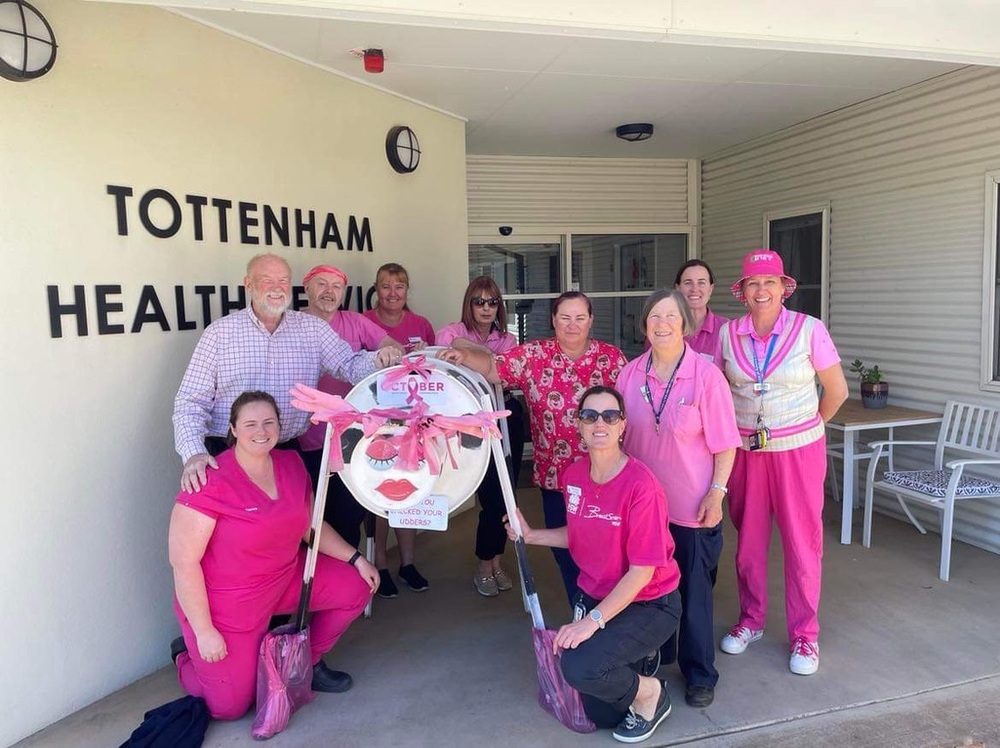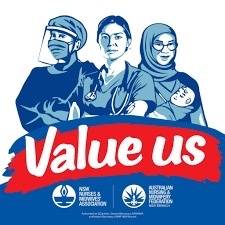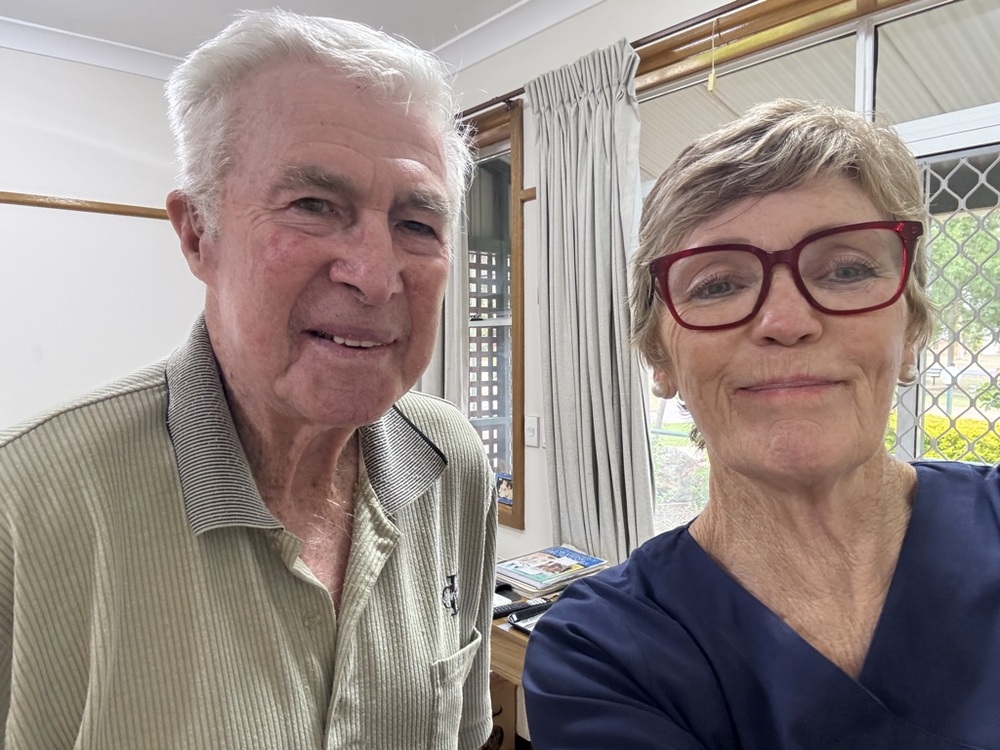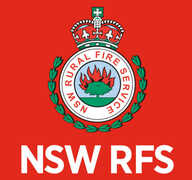Nurses and Midwives call a second 24 hour strike
Angie White
09 November 2024, 8:20 PM
 NSW Nurses - image NSWNMA
NSW Nurses - image NSWNMAThe New South Wales Nurses and Midwives’ Association informed its members of a 24-hour strike to take place from the start of the morning shift on Wednesday November 13, after talks between the Association and the NSW government were unable to reach a satisfactory agreement.
While all nurses across the state are free to strike, it is far more difficult for nurses in small rural communities to do so as a skeleton staff is required, and this is not always achievable.
A rural Health Service Manager says that safe staffing is paramount so often Managers will step in and assist.
“Each branch will plan their own thing, so the strike could be walk off the job, or work bans or no theatre, depends on what each area can do,” she said.
Another Western area nurse said, “Unfortunately the average person does not understand the invaluable role nurses play particularly in rural areas and small communities.”
“We have to be everything to everyone, and we have to nurse people we know and live in our community with, we have to deal with people at their absolute worst while keeping a smile on our face and we even have to watch people we know and love die on a regular basis,” she said.
“Nursing is not for the faint hearted, but the majority of nurses do their work from a place of love and that is why we have put up with our working conditions for so long as we don’t want to let our patients down nor our community or the people we work with.
"It’s about so much more than a job for us, and a job not many people would do, so it is only fair that we are remunerated in a fair and equitable way,” she said.

Dedicated to caring for patients - Tottenham Health Service Staff - Image WNSWLHD
NSWNMA General Secretary, Shaye Candish, said the union had been forced to take this action, after no progress on pay had been made during the four-week intensive negotiation period and nurses were feeling let down.
“This strike action isn’t taken lightly, but the government has left us no other choice. It cannot continue to underestimate the anger within the nursing and midwifery professions,” said Ms Candish.
According to Ms Candish, members are extremely frustrated and disheartened and have been holding on for an outcome on better pay, juggling challenging working conditions, trying to manage their bills in a cost-of-living crisis.
“Not only is the state government not willing to put any new money on the table to pay nurses and midwives adequately for the work they do, it also doesn’t have a solution to address the interstate pay and gender pay disparities.

“We have some of the lowest paid nurses and midwives in the country, yet we continue to see record activity in our emergency departments and across the public health system. It’s no wonder nurses and midwives are continuing to move interstate or re-evaluate their careers.
“Almost 70,000 public sector nurses and midwives across the state are worse off, and they will continue to slip further down the pay and conditions ladder, if this government doesn’t step up and deliver a decent wage increase for its single largest female workforce.”

Shaye Candish - NSWNMA General Secretary - Image NSWNMA
A spokesperson for the NSW Government said they are doing their best to resolve the situation.
“After four weeks of intensive negotiations, the parties reached in-principle agreement on each and every non-wage claim sought by the Association including: consecutive days off; no night shifts before annual leave; no changes on published roster without consultation and additional union consultation," the spokesperson said.
“We worked through a range of options to fund and deliver a new wage offer and we have asked the Industrial Relations Commission to progress the matter to arbitration.
“We are committed to improving pay and conditions for nurses and all essential workers and have offered NSW nurses and midwives the highest multi-year wage offer in nearly 15 years."

Loved Nyngan Nurse Lynette Webster with patient John White



